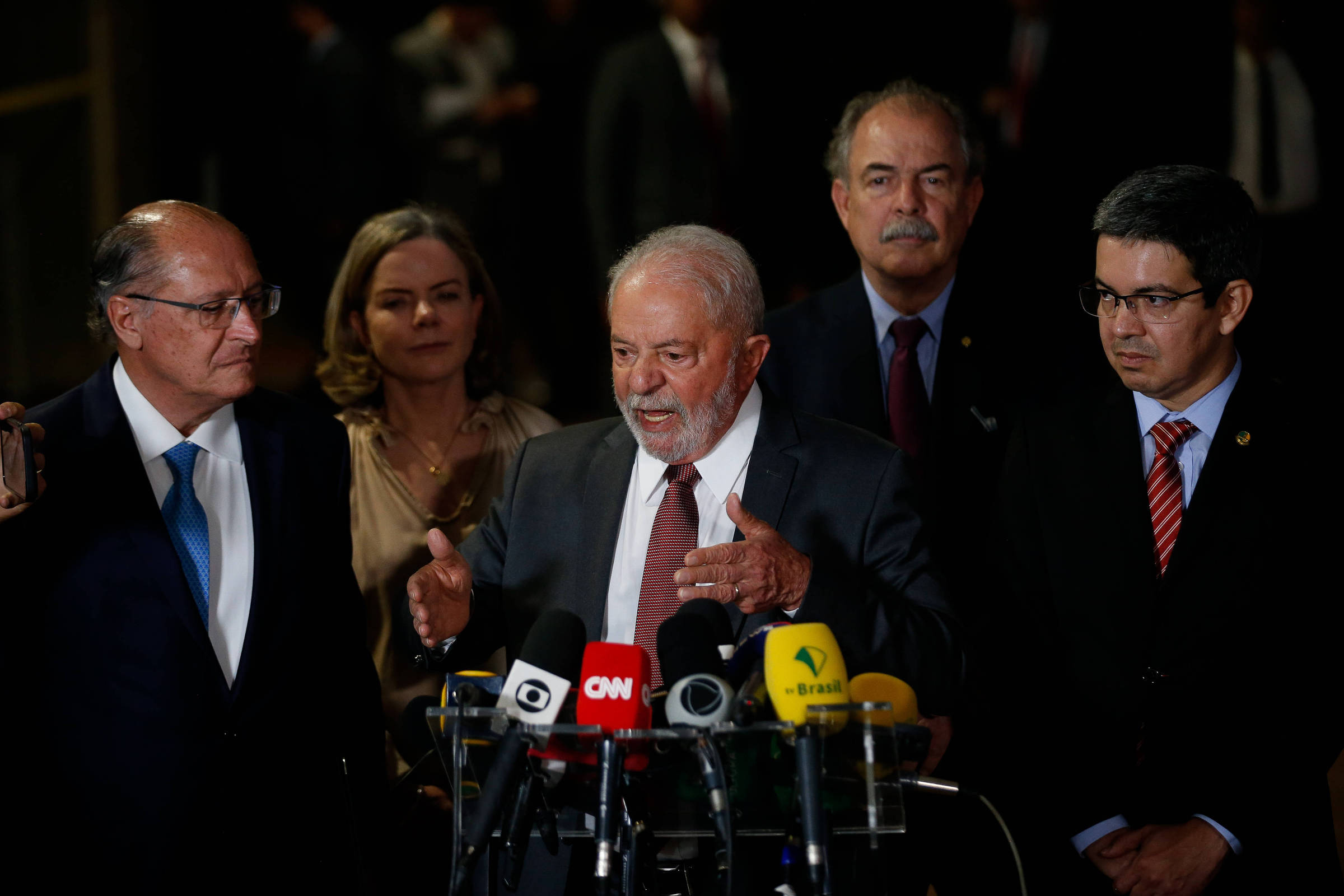Analysis of the situation in Brazil based on the coexistence of two types of crises—political and fiscal/budgetary—is a common occurrence in national public debate. Together they create an unattractive interpretation of the trajectory of the country’s economic and social development.
In fact, the use of the term “crisis” to describe the situation in Brazil is nothing new in the current context. OUR demand for political reform, the mother of all reforms and structural reforms, was present almost constantly during the period of the 1988 Constitution. Despite the sometimes inaccurate use of these terms, we read that there is in fact a connection between the political environment and the development of fiscal and budgetary policy. This equation is the most pressing issue of the new mandate Luis Inacio Lula da Silva (PT).
The President-elect himself spoke about the severity of the political crisis in the country. In your opinion, result of the presidential race made democracy (and not itself) the biggest winner in this debate. The PT’s vision of democracy is not limited to the selection of the ruling elite through competition for votes, but is “something tangible”, “concrete”, “a tool to improve everyone’s life”, i.e. ownership.
A natural question in the context of inflated expectations: “For what money?” O budget 2023 represented by the current government has little to do with the economic situation and even less with the political situation. If the budget item was no longer enough to manage fiscal policy, then after the pre-election dispute it becomes even stronger and promises an increase in distributive ambitions.
In her third term, Lula has task of determining the rules of the game with public spending, as well as a political balance that, in the limit, respects the imperatives of fiscal responsibility; now leads a coalition partly formed by members opposed to the PT’s economic prescriptions. Thus, such reconstruction will depend on the coordination of a diverse coalition pursuing equally diverse interests.
The fiscal policy of reconstruction should ideally be born signaling a new and valuable standard of performance in the face of rules. With credible commitment as a goal, regulatory change should replace spending ceiling to be a means, with its simply operational and naturally predictable role. The upheavals that ultimately threatened the new rule will matter less as a well-placed anchor will finally do its job.
Then the budgetary reconstruction will pass through a clear interpretation of the beneficial results of the past year. Only then, with the right diagnosis, will the country be able to deal with the legacy of the current administration, as well as deal with campaign commitments that have amassed billions off the budget.
We would know what moment is right for a choice and, above all, for negotiations. Complicated negotiations with political and legal backing, supporting in its trunk a society dependent on the government, which argues in the name of governability.
There is no easy way out BRL 90 billion license, BRL 175 billion or BRL 200 billion – which will temporarily have only a name. Focusing on the social will not be enough to contain the resistance that only sees what it wants to see. Only by joining forces will it be possible to get through the transition period and the next term without the precious political capital on the scene melting away and opening the way for new pre-election tensions before the next election.
BUT reconstruction of public accounts would demand, finally, the resumption of the “golden age” of Brazilian politics, when democratic competition in general terms maintained political stability from protecting the core of rules and politics even between opponents, turning the dispute between parties into a mechanism for improving public policy. It will be a challenge of reconstruction and survival, not necessarily in that order.
TRENDS / DISCUSSIONS
Articles published by subscription do not reflect the opinion of the newspaper. Its publication aims to stimulate the discussion of Brazilian and world issues and reflect the diverse trends of contemporary thought.















